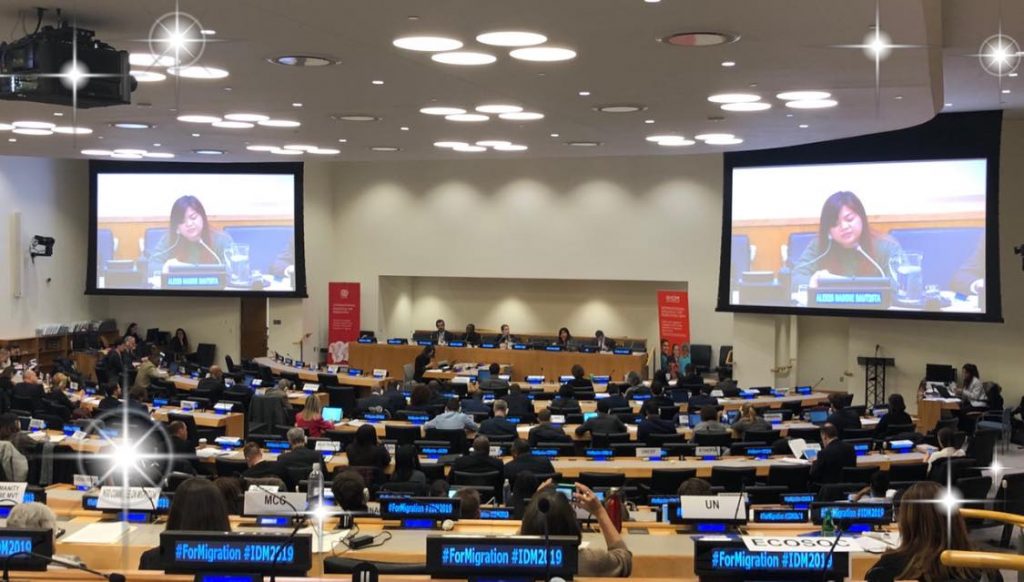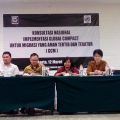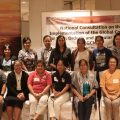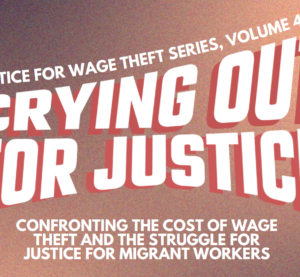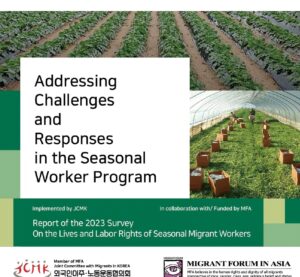MFA Statement at the 2019 High Level Debate on International Migration and Development
— March 11, 2019In accordance with paragraph 8 of General Assembly resolution 73/241, entitled “International migration and development”, the General Assembly decided “to convene, in the first half of 2019, a one-day high-level debate on international migration and development, under the auspices of the President of the General Assembly”. This meeting will be a one-day meeting. It is mandated to “inform the high-level political forum on sustainable development, which will review the Goals and targets relevant to migration of the 2030 Agenda for Sustainable Development, taking into consideration the outcomes of other processes related to international migration and development”. Furthermore, with the Global Compact for safe, orderly and regular migration now being adopted the focus on its implementation will also be considered.
With this, the high-level debate on international migration and development was held on 27 February 2019 in the United Nations New York Headquarters. The high-level debate focused on providing an overview on the progress in achieving migration-related goals in the 2030 Agenda for Sustainable Development, as well as addressing capacity building gaps, mobilizing resources and developing processes and policies and building partnerships.
Migrant Forum in Asia represented the Global Coalition (GCM) on Migration at the High Level Debate speaking in panel no 3: Partnerships for implementation. Pleas find below a copy of the MFA and GCM statement delived by Alexis Bautista:
MFA and GCM Statement at the 2019 High Level Debate on International Migration and Development
Thank you, H.E. Mr. Agustin Santos Maraver. As in previous years, including the IDM last year, we have been talking about partnerships among different stakeholders and actors at different levels—making migration work for all but ensuring that human rights are respected, protected, and fulfilled. We’ve also heard a lot about this during the Marrakesh Migration week last December 2018.
During the Mayoral Forum, there was recognition of civil society and the need to collaborate to design and implement development plans of local communities to ensure integration and inclusion of migrants, which also involve the participation of migrant children and youth. There are existing support groups and shelters by women migrants in countries of destination, and in countries of origin by the women migrant returnees. This shows how they are seen beyond the vulnerable situations they are or were in, but more of women leaders and catalysts of change.
At the national level, partnerships within civil society and with other stakeholders continue to exist and we are finding ways on how to strengthen that. Some examples of this is what was mentioned yesterday by PICUM on migrants’ access to services regardless of their status, this can also be seen in different countries in Latin America; bilaterally, there is the agreement between Germany and the Philippines for migrant workers in the health sector; looking through corridors, the International Trade Union Confederation (ITUC) is working with us, Migrant Forum in Asia (MFA) in partnership with the International Labor Organization (ILO) focusing on issues on recruitment and access to justice, and is now looking at expanding to a few countries in the African region; in some countries of origin in Asia, there are pre-departure orientations for prospective migrant workers being done jointly by civil society organizations, the recruitment agencies as well as private banks, and the government.
As civil society, partnerships are not new to us, and we understand how it is a process of trust-building and confidence-building. It’s not just about sharing experiences and perspectives, what one thinks should and can be done, but also listening to what else is out there. Hearing one’s voice is different from listening and meaningfully and genuinely understanding those voices. With the examples I mentioned, it was done through continuous and consistent conversations, dialogues, consultations, workshops, and such.
After the adoption of the Global Compact for Safe, Orderly, and Regular Migration (GCM) last December 2018, it would be crucial that at the national level, governments and civil society would identify focus areas and linkages of the GCM objectives to the current national action plans and national development plans. As a step further, we need to also see the linkages and developments in sub-regional and regional consultative processes, keeping in mind the 2030 Agenda for Sustainable Development.
Again, partnerships are not new but as a way of moving forward, we can start with what we already agree with and in many ways, we have. But it shouldn’t stop there. We need to take those extra steps to talk and collaborate more on some of the more difficult issues in this toxic political climate which may not have been addressed as much in the GCM such as irregular migration, criminalization, detention of children, access to health, and access to justice, as well as looking at the nexus between climate change and migration.
A PDF copy of the statement is available for download below.
For more information please contact William Gois of the MFA Secretariat at: mfa@mfasia.org

